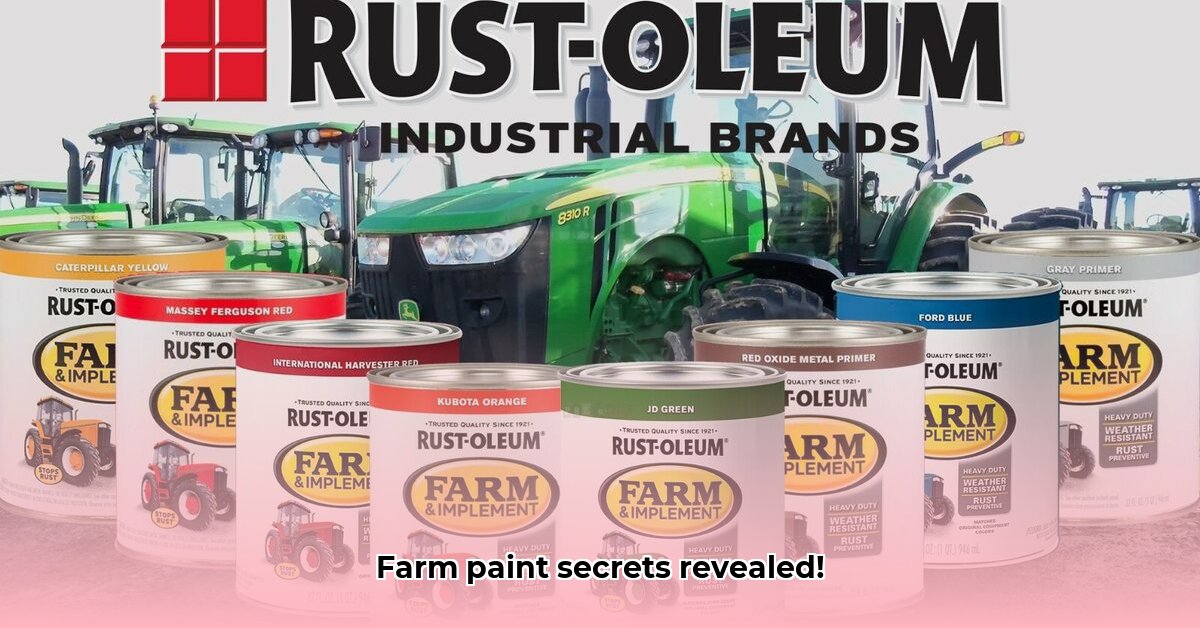
Implementing Precision Irrigation and Sustainable Fertilizers in Vineyards
Let's be honest, vineyard management is demanding. Weather patterns, pests, and market fluctuations create ongoing challenges. But what if you could simplify operations, boost profitability, and enhance environmental stewardship simultaneously? This article explores two powerful tools that can revolutionize your vineyard: precision irrigation and sustainable fertilizers. We'll detail their mechanisms, benefits, and implementation strategies, providing a practical guide for sustainable vineyard management. For reliable equipment, check out sprayer tank options.
The Power of Precision Irrigation: Water Wisely, Thrive Abundantly
Precision irrigation isn't merely a trendy term; it's about optimizing water delivery to your vines – the right amount, at the right time, in the right way. Forget flooding your entire vineyard. Precision irrigation targets watering, saving water, money, and energy, leading to healthier vines, reduced stress, and ultimately, superior grapes. We’ll examine various systems – drip irrigation, micro-sprinklers, etc. – analyzing their efficiency and suitability for different vine varieties and soil types. Soil moisture sensors, for example, optimize watering schedules and prevent over- or under-watering. Have you considered how much water your current methods waste? Studies show precision irrigation can reduce water consumption by 25-30%.
Sustainable Fertilizers: Nourishing Vines, Protecting the Planet
Traditional fertilizers often harm the environment, polluting waterways and contributing to climate change. Sustainable alternatives nourish vines while minimizing environmental harm. We'll discuss compost, cover crops, biofertilizers, and targeted nutrient application, highlighting cost-efficient and effective options. Understanding nutrient uptake by vines and using soil testing to tailor fertilization strategies is crucial for optimal growth and yield. Did you know that the market for sustainable fertilizers is experiencing rapid growth, indicating a widespread shift toward environmentally responsible farming practices?
Real-World Successes: Hypothetical Case Studies
To illustrate the effectiveness of precision irrigation and sustainable fertilizers, let's consider hypothetical yet realistic scenarios. A vineyard in California, facing severe drought, adopted drip irrigation. Their water usage decreased by 35%, while grape yields remained consistent. Meanwhile, a vineyard in Tuscany shifted to compost tea fertilization. Soil health improved dramatically, resulting in a 15% increase in grape quality indicators, such as sugar concentration and phenolic compounds. These examples showcase the tangible benefits of sustainable vineyard management. These improvements translate directly into enhanced profitability and a reduced environmental footprint.
A Step-by-Step Guide to Sustainable Vineyard Management
Transitioning to precision irrigation and sustainable fertilizers may seem daunting; however, it's achievable through a phased approach:
- Assessment: Analyze current water and fertilizer use, identifying areas for improvement. A baseline assessment is crucial for tracking progress.
- Research and Selection: Explore various precision irrigation systems and sustainable fertilizers, selecting options aligning with your budget and specific needs. Consider factors like soil type, vine variety, and climate.
- Pilot Program: Begin with a small-scale trial to test selected methods, make necessary adjustments, and learn from real-world results before expanding.
- Monitoring and Adjustments: Continuously monitor progress, tracking crop yields, water usage, and soil health to refine your approach.
- Maintenance: Regular maintenance, including protective implement paint from Tractor Supply to extend equipment lifespan and minimize replacement costs, is key to long-term success. Remember a little preventative maintenance goes a long way.
This transition isn't about complete replacement of traditional methods; it's about augmentation with smarter, more sustainable practices—a balance between efficiency, profitability, and environmental responsibility.
Addressing Challenges and Mitigating Risks
While transitioning to sustainable practices offers significant benefits, challenges remain:
- Upfront Investment: Precision irrigation systems require a higher initial investment.
- Technical Expertise: Some systems necessitate specialized knowledge for operation and maintenance.
- Cost of Sustainable Fertilizers: Sustainable options can initially cost more than conventional alternatives.
However, these challenges are outweighed by long-term benefits, including increased resilience to drought, reduced environmental impact, and enhanced profitability.
Collaboration and Community: Sharing Knowledge and Success
The shift to sustainable vineyard management is a collective endeavor. Sharing experiences and knowledge among fellow vineyard owners fosters widespread adoption. Seek out networks, workshops, and online resources for continuous learning and support. Remember, you're not alone in this journey towards a more sustainable and prosperous future for your vineyard and the planet.
"Sustainable vineyard management is not just a trend; it's a future necessity," says Dr. Amelia Hernandez, viticulture expert at UC Davis. "By embracing precision irrigation and sustainable fertilizers, we can ensure healthy vines, delicious wines, and a healthier planet for generations to come."